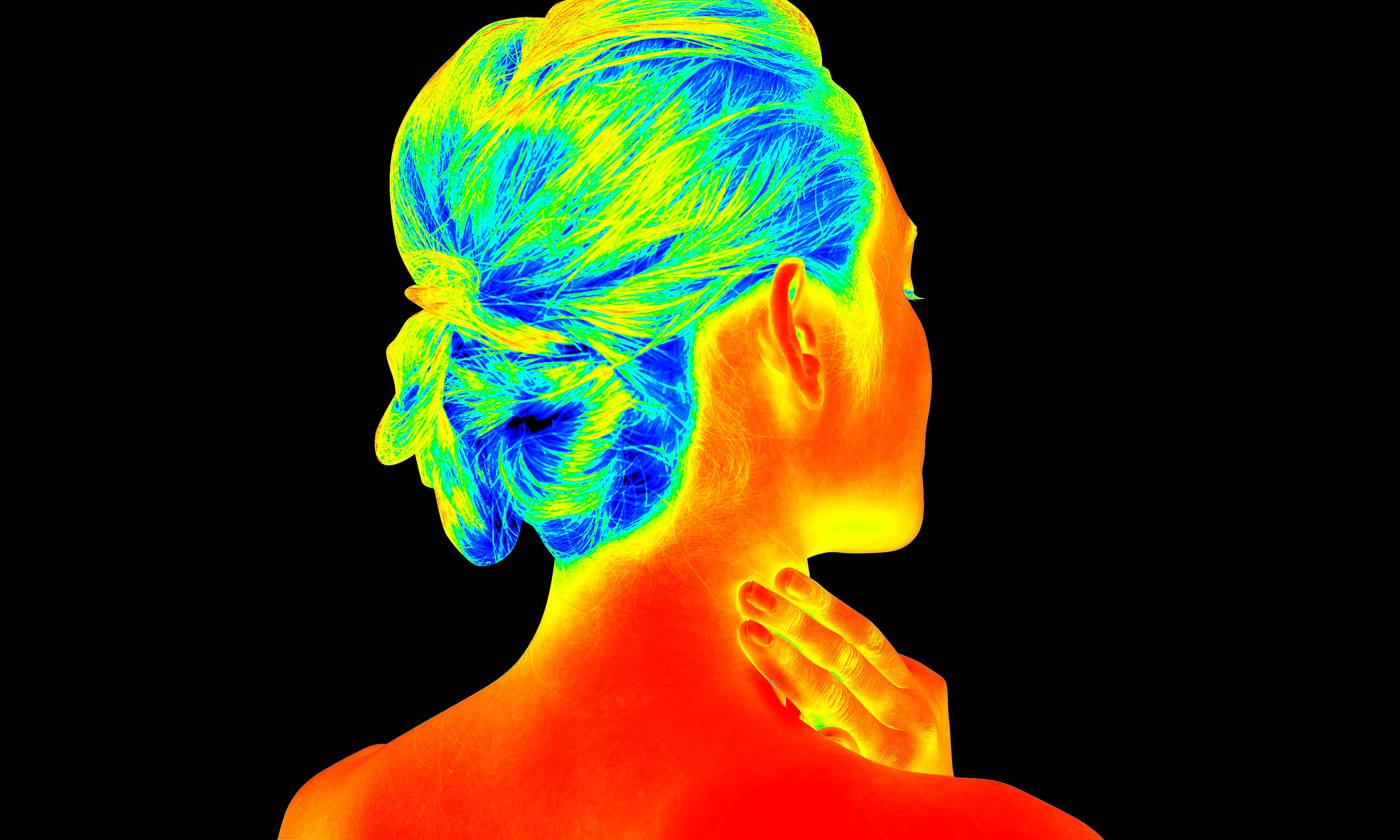T4K3.news
New study links dieting to worsening depression
Research indicates that calorie-restricted diets may lead to higher levels of depression among men and overweight individuals.

New research reveals that cutting calories may lead to mood swings and depression, especially in men and overweight individuals.
Dieting may worsen emotional health and lead to depression
Many people believe that cutting calories will improve their mood and help with weight loss. However, recent research indicates that restrictive diets could actually contribute to higher levels of depression, particularly among men and those who are overweight. A U.S. survey analyzed the eating habits of 28,525 adults and found that those who limited their calorie intake reported higher scores for depressive symptoms on the PHQ-9 questionnaire. The study, led by Dr. Gabriella Menniti from the University of Toronto, highlighted that men who count calories often face greater risks of mood issues, likely due to their differing nutritional needs.
Key Takeaways
"Diets low in carbohydrates or fats may worsen brain function."
Dr. Menniti suggests that restrictive diets can negatively impact brain health and mood.
"Men who count calories report higher somatic complaints like fatigue."
This shows that dieting may affect men's energy and overall well-being more than women's.
"Cutting calories may create a loop where weight barely shifts but nutrient levels tumble."
This points to a potential reason why dieters often struggle with their goals.
"Food is information, not just fuel. Mindful tweaks can signal the body positively."
This emphasizes the need for a balanced and thoughtful approach to eating.
The findings of this study raise important questions about the effectiveness of traditional dieting methods. While many seek to lose weight by cutting calories, this research suggests that the emotional toll may outweigh potential benefits. Cutting calories often results in nutrient deficiencies that can lead to irritability and fatigue. This might explain why many individuals struggle to stick to their diets and may even gain weight back after initial losses. It seems that instead of pursuing restrictive diets, a more balanced approach to nutrition that prioritizes overall well-being could be more effective in the long run.
Highlights
- Restrictive diets may lead to higher rates of depression.
- Mood and diet are closely connected in surprising ways.
- Cutting calories can harm mental health, especially in men.
- Sustainable changes in diet may improve both mood and weight.
Potential risks of restrictive dieting
This study highlights potential mental health risks associated with calorie-restricted diets, particularly for men and overweight individuals. It suggests that such diets may contribute to depression and mood swings, which could provoke public backlash against standard dieting practices.
Finding a mindful, balanced approach to dieting may bring more benefits than restrictive methods.
Enjoyed this? Let your friends know!
Related News

Link found between gluten and mental health issues

New Study Links Psychiatric Medications to Gut Changes

Gabapentin linked to dementia risk

Study reveals link between body temperature and depression

Study shows pandemic accelerated brain aging

American children's health faces alarming decline

Free activities can help reduce chronic inflammation

Study questions gluten intolerance for IBS patients
